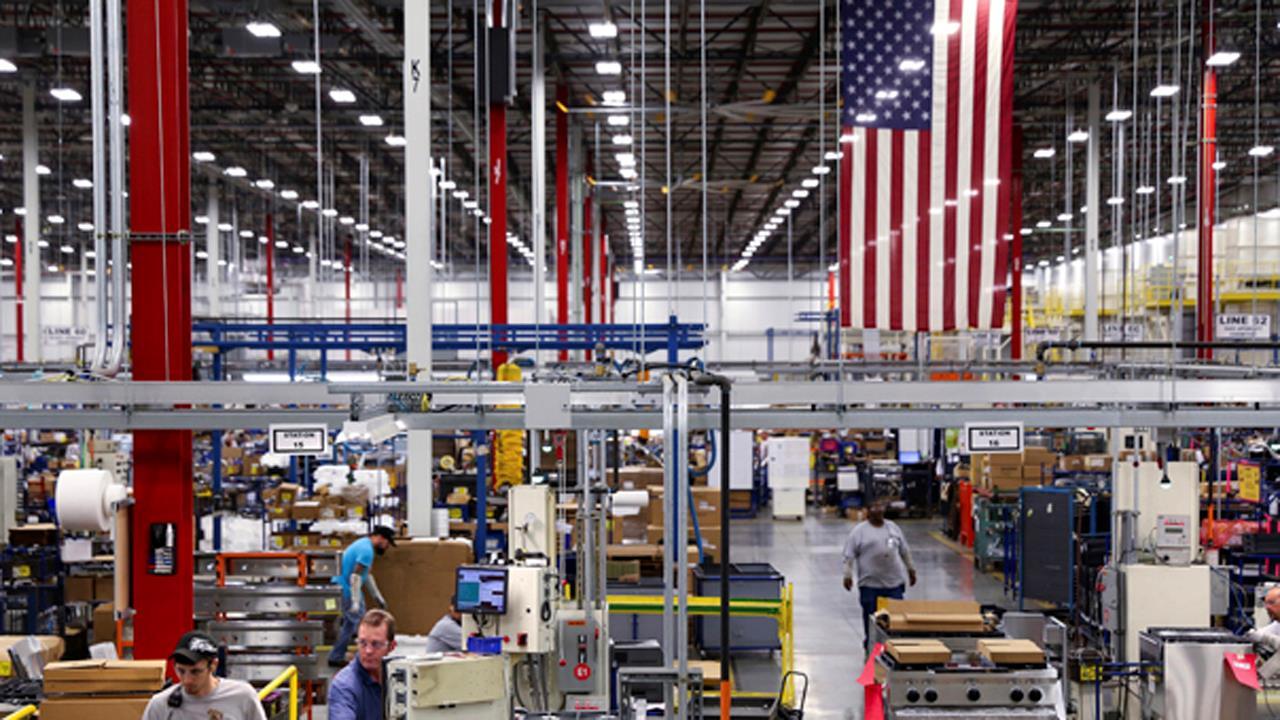What tax reform really means for small businesses
Republicans have touted their tax reform bill as a clear win for U.S. businesses, and while that might ring true for those that stand to pay a much lower corporate tax rate, the benefits for America’s small businesses are a little more complicated to decipher.
Instead of lowering the tax rate on all pass-through businesses, the final bill allows pass-throughs to deduct up to 20% of income. But who can deduct how much depends on what type of business you run and a corresponding formula.
“[The] postcard concept is out the window,” financial advisor and certified public accountant Mark Kohler told FOX Business. “You’ve got to figure out how to do this freaking equation. Tax advisers are going to be even more critical for the small business owner.”
Here’s a look at what is changing and how different businesses will be affected.
Personal service businesses
For personal service business, including realtors, attorneys, architects, engineers and brokers, the 20% deduction is only available for married couples filing jointly with incomes up to $315,000 and $157,500 for single taxpayers.
Kohler pointed out that most personal service businesses are S corporations, so how much you save is dependent on how much of your S corp. is comprised of salary versus pass-through income. Since an attorney or realtor has to take a salary, the 20% deduction is only applied to whatever amount of income is leftover as specifically the pass-through portion.
While business owners may be tempted to shift funds around and take a smaller salary in order to get a larger deduction, Kohler said the Internal Revenue Service (IRS) has been diligently auditing businesses to determine how much money is pass-through and how much is salary.
“The IRS has already sent out guidance, that says ‘slow down everybody’ … [But] it could go thousands of dollars either direction depending on the salary-dividend split,” he added.
Standard employee-based businesses
For other employee-driven businesses, like restaurants and manufacturers, the deduction for S corporations is dependent on your payroll. The 20% deduction is limited to 50% of your payroll.
For example, according to Kohler, a restaurant making $1 million, with $600,000 in total expenses and an owner’s salary of $100,000, nets $300,000. But if it pays $400,000 in payroll, the deduction is 20% of $300,000 and limited to 50% of total payroll, so the deduction would be $60,000 in this case and could be no greater than $200,000.
As Kohler pointed out, the new law rewards companies that have a lot of employees and essentially provides an incentive to go out and hire new workers.
Robert Maynard, who owns restaurant franchise Famous Toastery, is one of those small businesses planning to hire and expand as a result of the new tax law.
“[We feel like we can] commit to creating more jobs and not feeling like the pressure is so great,” Maynard told FOX Business. “We’re planning on growing because of it.”
Maynard said he has had already signed new corporate and franchise leases.
Impact
Despite a more convoluted process, Kohler ultimately believes small businesses will benefit from the changes, particularly the pass-through deduction.
“Even the mom and pops will get some love from this. If you own a small business … you’re going to see some love here,” he said.
Maynard, whose business does about $40 million in sales, is excited to have “a bigger runway” for his franchise.
“[I have] a lot more confidence today than I did three weeks ago … someone has got to be for the people making or breaking America,” he said.
While Maynard said most business owners don’t subscribe to the policy of changing business practices based on politics, he said the new tax law “makes me feel more confident” and “like someone cares” about businesses other than just the big corporations.
“Small business guys … we take huge risks,” he said. “There’s no bailout for the small guys.”




















